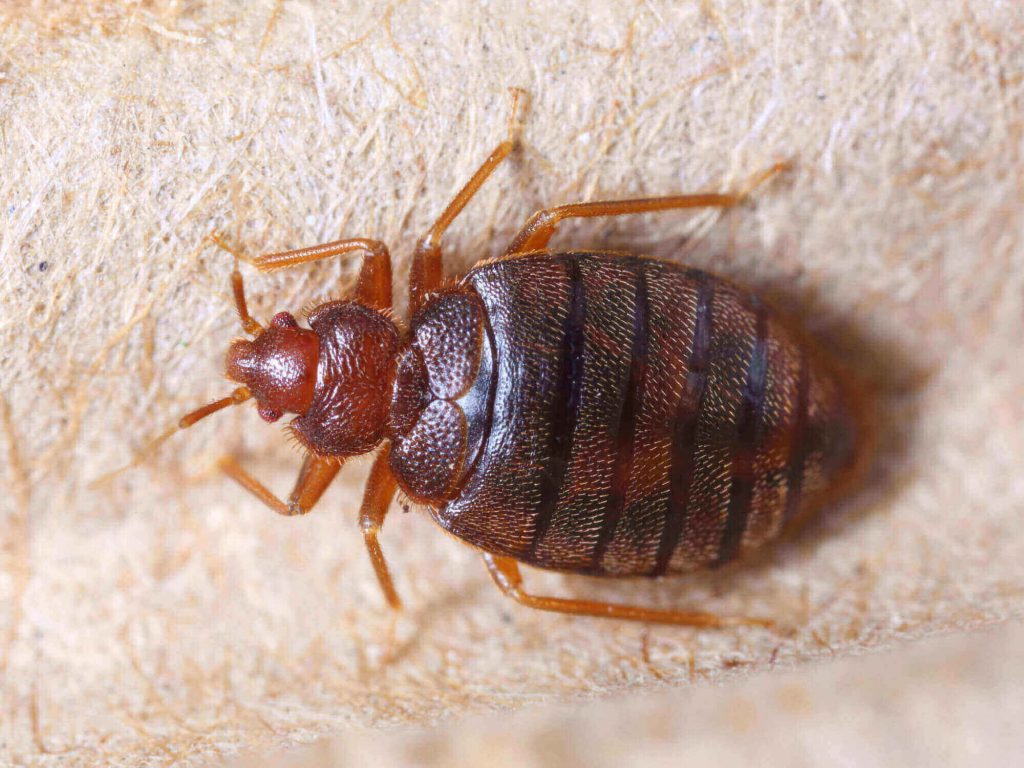As a homeowner, I’m sure you’ve heard the phrase “knowledge is power”. Well, when it comes to bed bugs, this couldn’t be more true. Knowing how fast bed bugs can spread is the key to stopping them in their tracks. Knowing how quickly these pests can spread and what you can do to stop them is essential in keeping your home and family safe. So, let’s take a look at how fast do bed bugs spread and what you can do to help prevent them.
What are Bed Bugs?
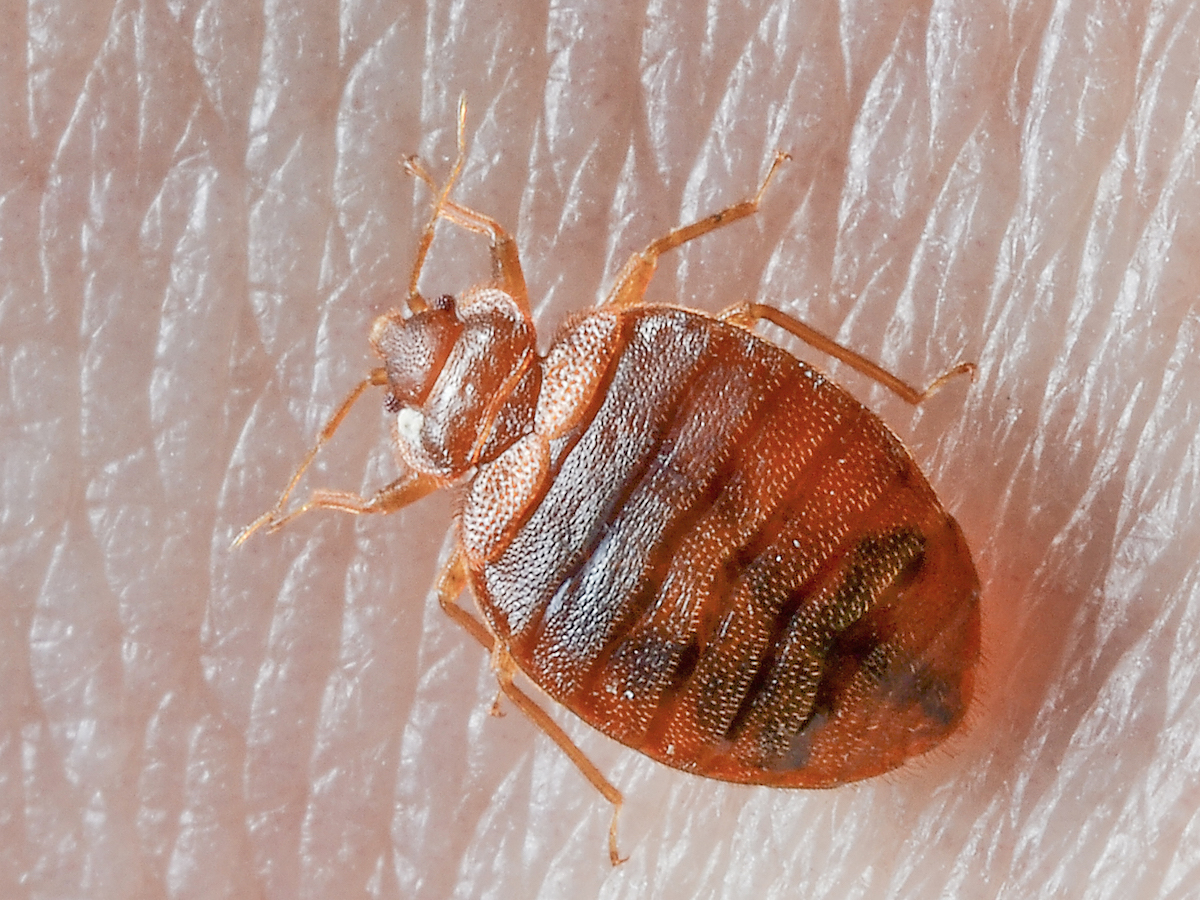
Bed bugs are small, parasitic insects that feed on the blood of humans and other warm-blooded animals such as cats, dogs, and birds. They are wingless and about the size of an apple seed. Bed bugs are reddish-brown in color and have a flattened body that is well adapted for hiding in cracks and crevices. They tend to hide during the day and come out at night to feed.
Bed bugs are not just a nuisance; they can cause serious health problems, including skin rashes, allergic reactions, and psychological effects. They can be difficult to get rid of and can spread quickly from one area to another.
- Bed bugs are small, parasitic insects that feed on the blood of humans and other warm-blooded animals.
- They are wingless and about the size of an apple seed.
- Bed bugs are reddish-brown in color and have a flattened body that is well adapted for hiding in cracks and crevices.
- They tend to hide during the day and come out at night to feed.
- Bed bugs can cause serious health problems, including skin rashes, allergic reactions, and psychological effects.
- They can be difficult to get rid of and can spread quickly from one area to another.
Where Do Bed Bugs Come From?
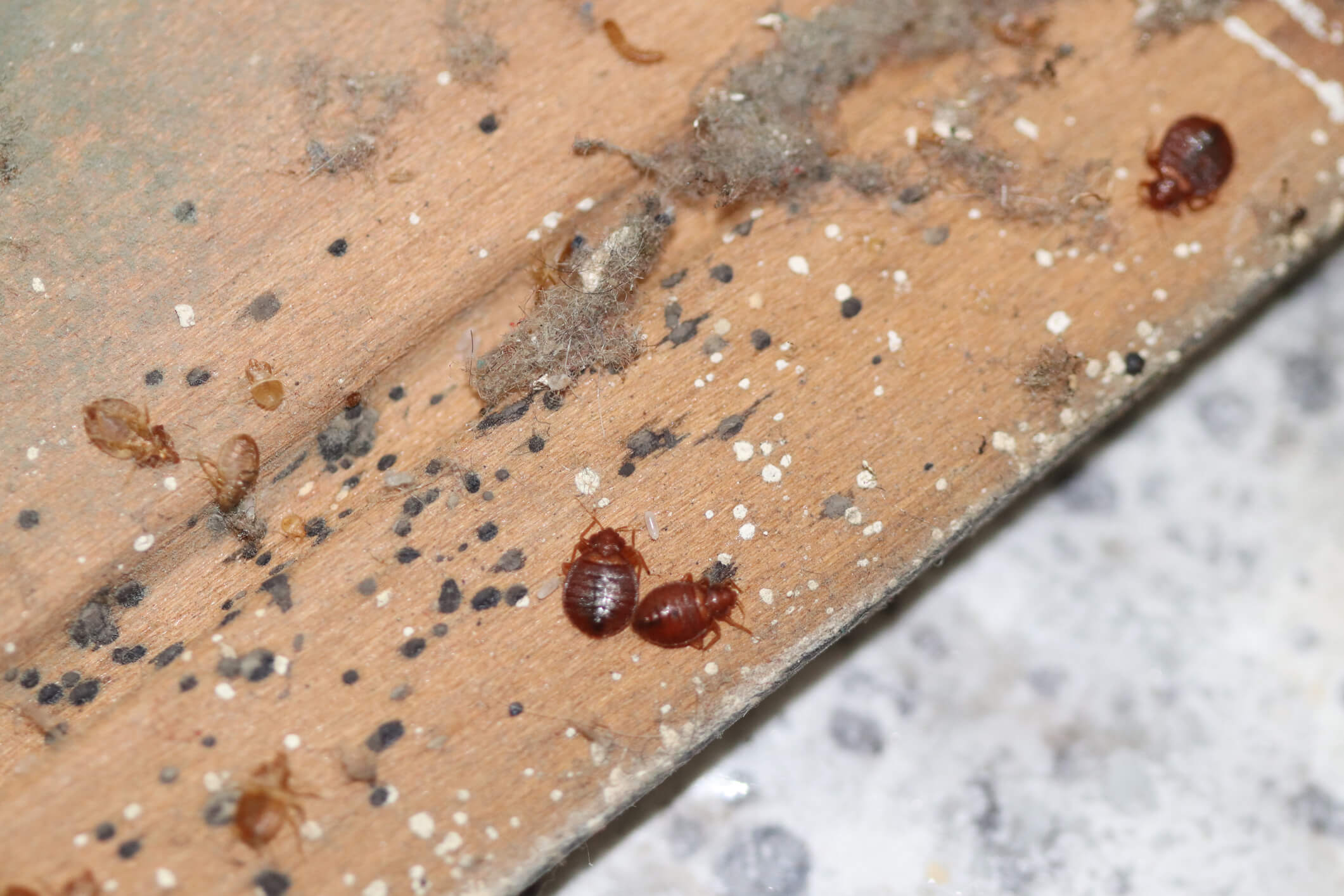
Bed bugs are small, parasitic insects that feed on the blood of mammals and birds. They are wingless and have flat, oval-shaped bodies, which makes them well-suited to hide in cracks and crevices in furniture and walls. Bed bugs are most commonly found in mattresses, box springs, bed frames, and headboards, but they can also hide in other furniture and even in carpets and baseboards.
Bed bugs can be found anywhere humans live and travel. They are often transported to homes, apartments, and hotels on luggage, furniture, clothing, and other items. They can also be spread through contact with infested people or objects, such as bedding and furniture.
Bed bugs have been around for centuries and can be found in all types of dwellings, from single-family homes to apartment buildings and hotels. They can even be found in public places like schools, offices, and hospitals.
| Source | Location |
|---|---|
| Luggage, furniture, and clothing | Homes, apartments, and hotels |
| Infested people or objects | Bedding and furniture |
| Public places | Schools, offices, and hospitals |
Bed bugs are notoriously difficult to eliminate, as they can survive in small, dark places with limited access to food. They can also live up to a year without a meal, making them hard to eradicate.
What Causes Bed Bugs to Spread?
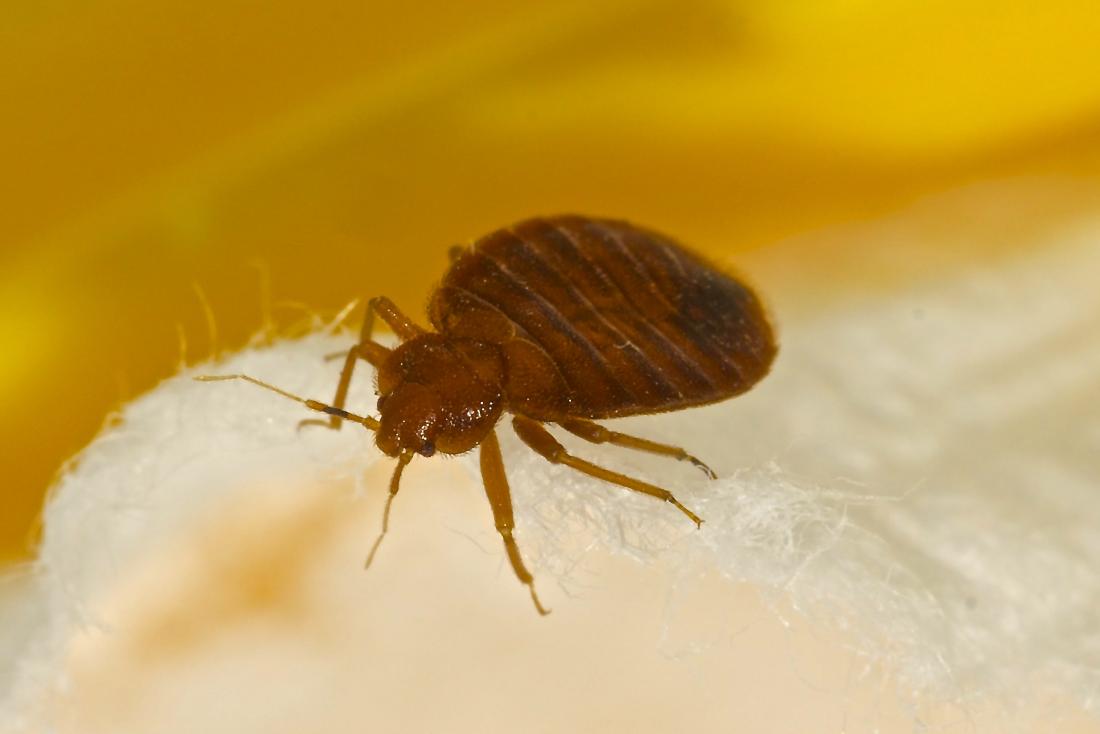
Bed bugs are some of the most resilient and hard-to-kill pests, and they can spread rapidly if left unchecked. The most common way bed bugs spread is through human contact. People who travel frequently are more likely to encounter bed bugs, and they can easily bring them home without realizing it. Bed bugs can also hitch a ride in furniture, clothing, luggage, and other items.
Table 1: Common Ways Bed Bugs Spread
| Method of Spread | Description |
|---|---|
| Human Contact | Bed bugs can spread through people who travel frequently and bring them home unknowingly. |
| Furniture/Clothing | Bed bugs can spread by hitching a ride in furniture, clothing, luggage, and other items. |
| Animals | Animals such as rodents, birds, and bats can carry bed bugs from one place to another. |
| Second-Hand Items | Second-hand items such as furniture, clothing, mattresses, and bedding can spread bed bugs. |
Animals such as rodents, birds, and bats can also carry bed bugs from one place to another. In addition, second-hand items such as furniture, clothing, mattresses, and bedding can also spread bed bugs. Bed bugs can also spread between multi-unit housing such as apartments and hotels, as well as through cracks and crevices in walls, floors, and ceilings.
Once bed bugs have infested an area, they can spread quickly if left unchecked. This is why it is important to take action as soon as possible to eliminate the infestation.
From Room to Room
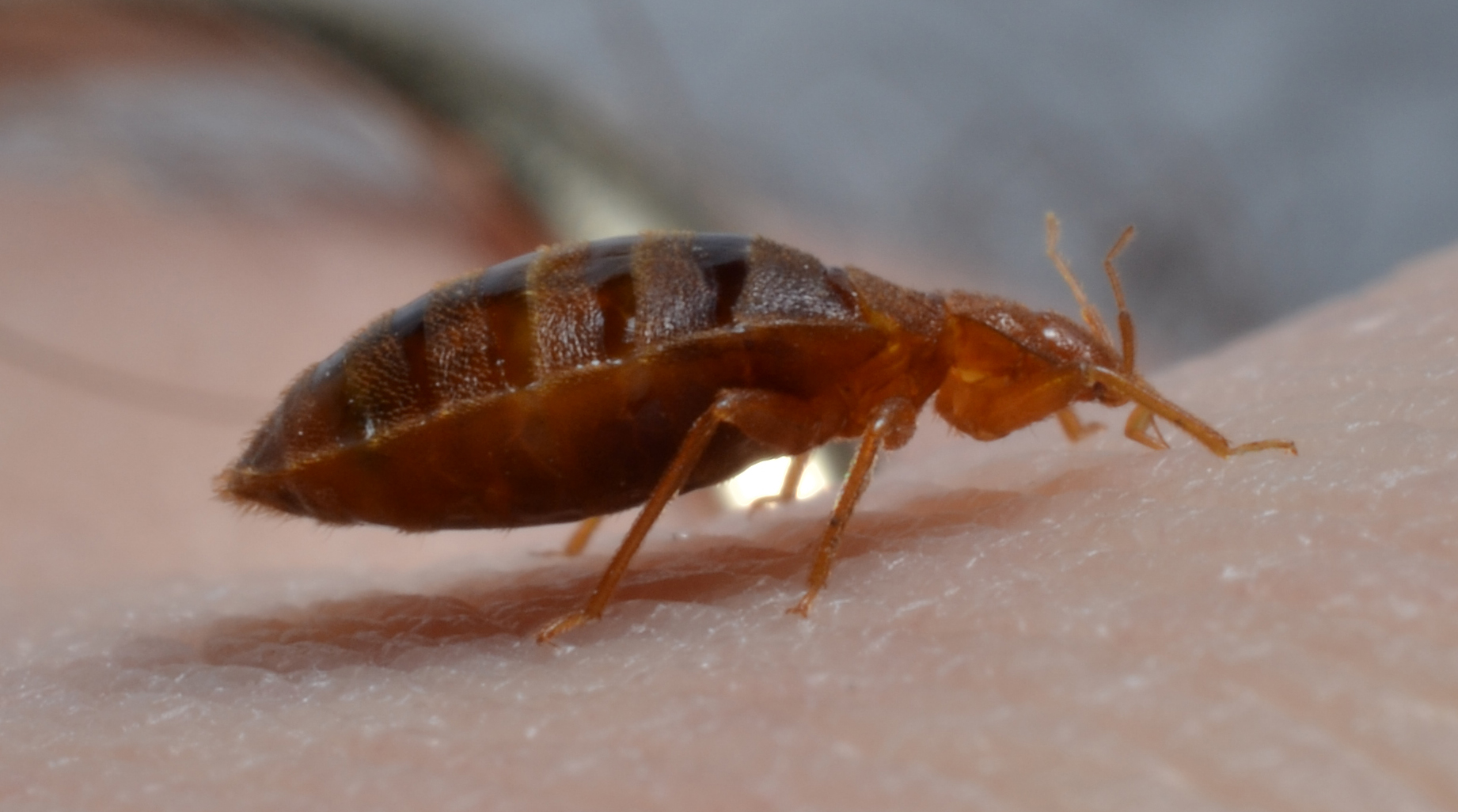
Bed bugs can travel quickly from room to room, as they can hide in tiny cracks and crevices. Once they have settled in one room, they can easily spread to other areas of the house. They can even travel through walls, ceilings, and ductwork to other rooms and apartments.
Through Clothing
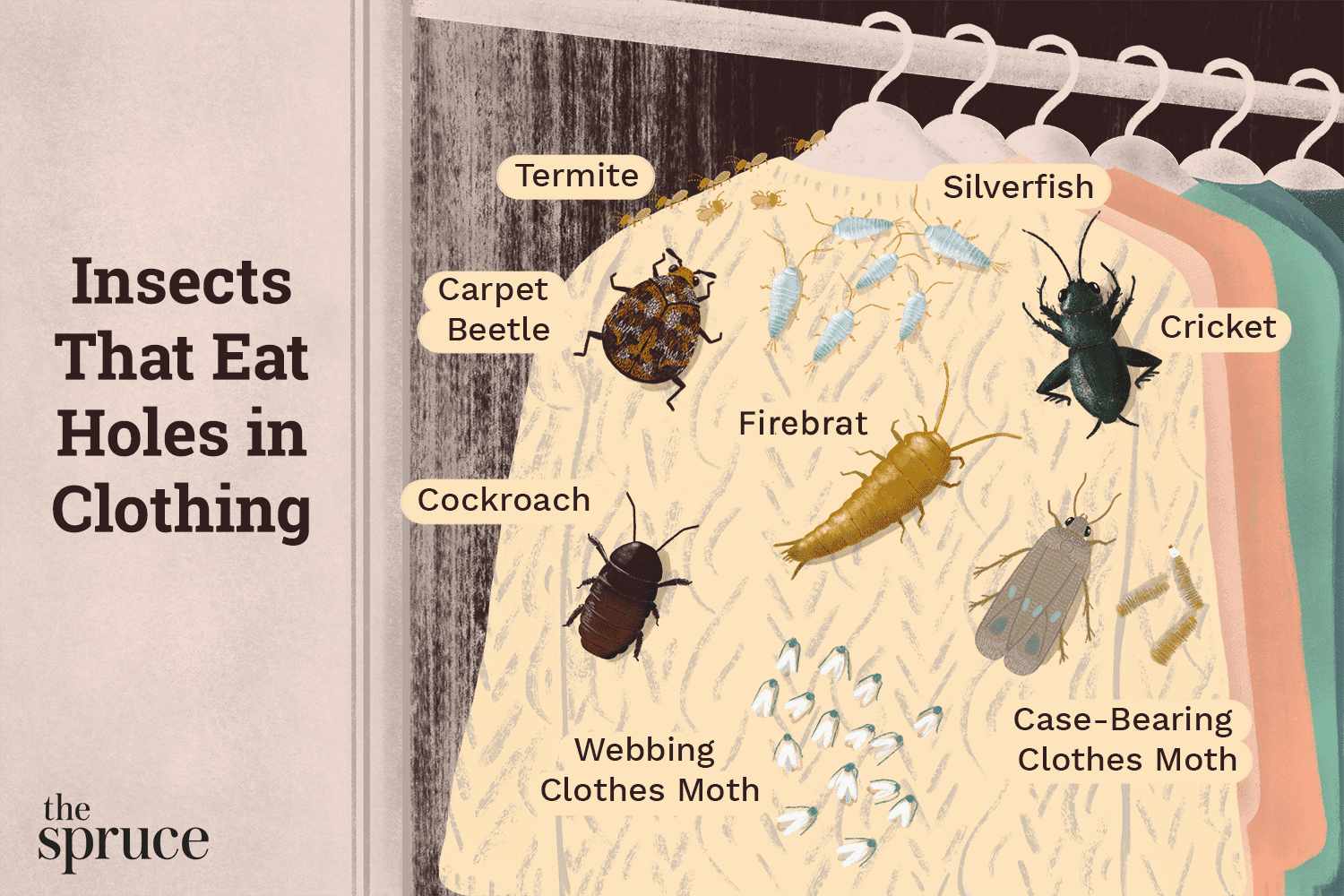
Bed bugs can also travel on clothing, shoes, and bags. If you’ve been in an infested room, it’s important to check your clothing and bags for any possible hitchhikers before you leave. If you do find any bed bugs, it’s important to take the necessary steps to get rid of them right away.
Through Luggage
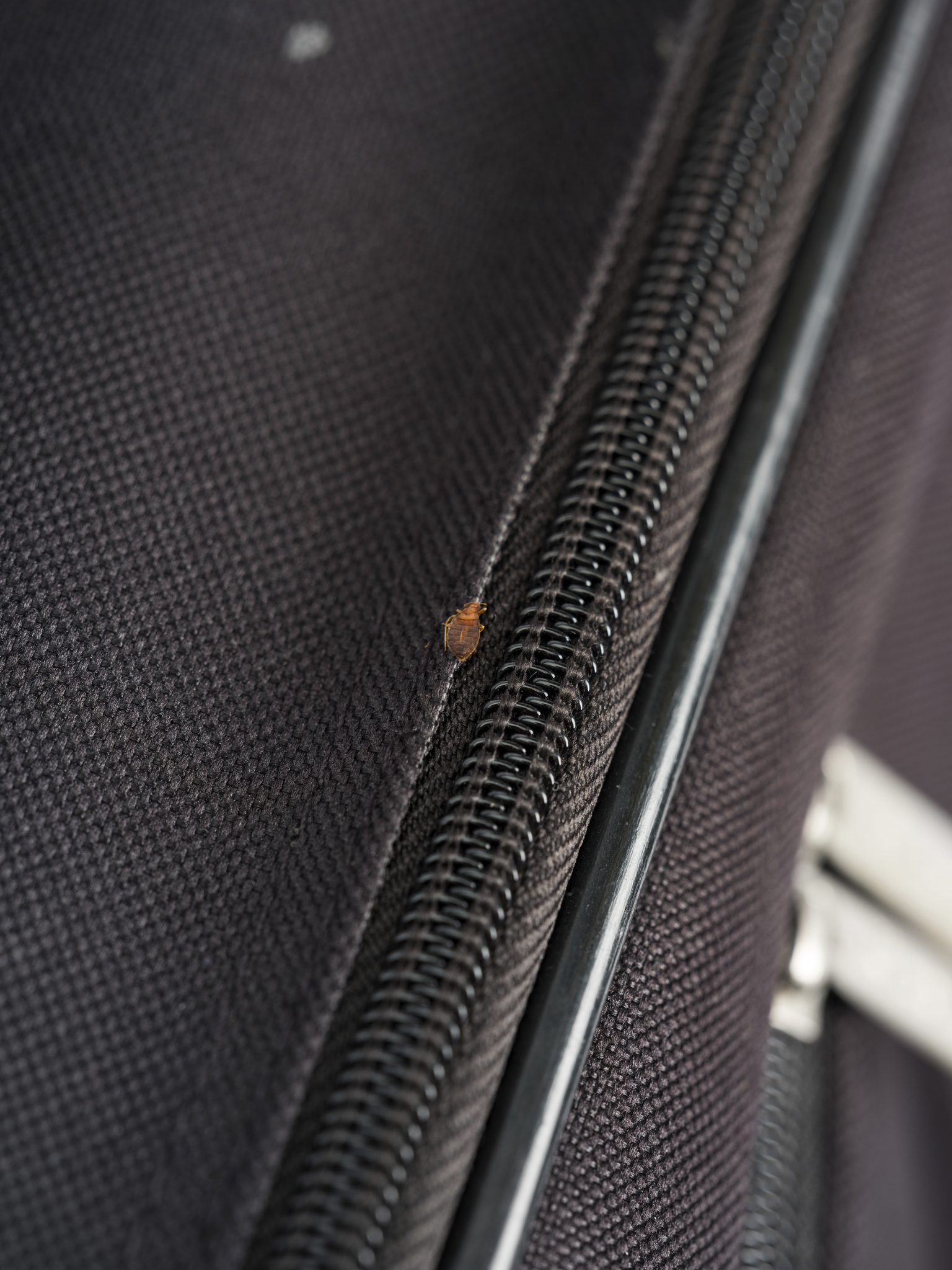
Bed bugs can easily travel on luggage, so if you’re staying in a hotel or other accommodation, it’s important to check your luggage for any bed bugs before bringing it back home. If you do find any, it’s important to take the necessary steps to get rid of them before they spread to other areas of your home.
How to Stop Bed Bugs from Spreading
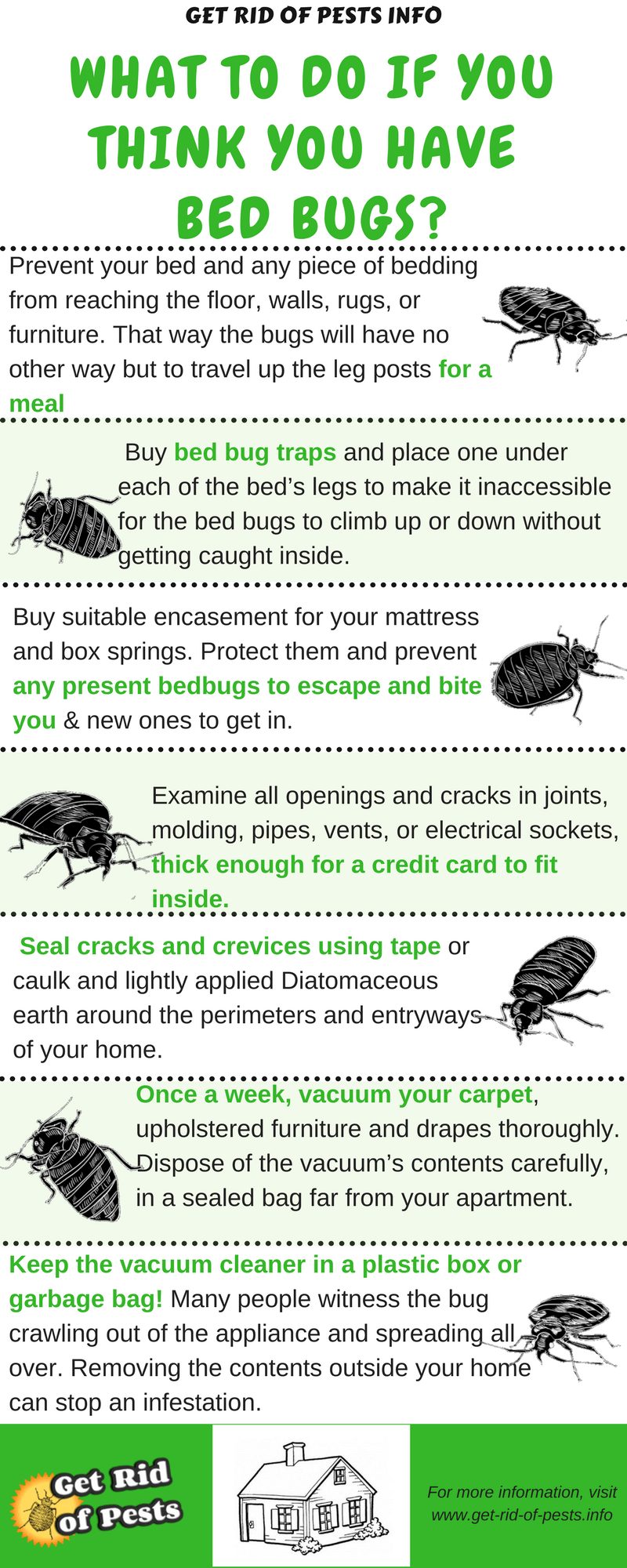
Bed bugs are pesky, resilient creatures that can spread rapidly and wreak havoc in your home if not dealt with correctly. To prevent the spread of bed bugs in your home, there are a few simple steps to follow:
- Check all items you bring into your home. Inspect any furniture, clothing, or other items you bring into your home for bed bugs before bringing them in. Look for signs of bed bugs, such as eggs, shed skins, or live bugs.
- Vacuum regularly. Vacuuming your carpets, upholstery, and other objects can help to remove bed bugs and eggs that may have gotten into your home. Make sure to dispose of the vacuum bag in an outdoor trash can to prevent the bugs from re-entering your home.
- Declutter your home. Bed bugs often hide in clutter, so it’s important to keep your home neat and tidy. This will make it easier to spot any signs of bed bugs. Regularly check your furniture, closets, and other areas for any signs of an infestation.
- Use mattress and box spring covers. Mattress and box spring covers can help to prevent bed bugs from spreading in your home. The covers should be made of a material that prevents bed bugs from getting in or out.
- Clean regularly. Regularly washing and drying your bedding, clothing, and other fabrics can help to kill bed bugs and prevent them from spreading to other areas of your home. Use hot water and a high heat setting when washing and drying.
- Seal cracks and crevices. Bed bugs can hide in cracks and crevices in your walls and floors. To prevent them from spreading, make sure to seal any cracks or crevices around your home.
- Call a pest professional. If you suspect a bed bug infestation in your home, it’s best to call a pest professional who can properly identify and treat the problem. Don’t try to treat an infestation yourself, as this can make the problem worse.
By following these steps, you can help to prevent the spread of bed bugs in your home and keep them from becoming a major problem.
Signs of a Bed Bug Infestation
- Bites on skin – usually in a line or cluster
- Reddish stains on your mattress, sheets, and other fabrics
- Small dark spots of bed bug excrement on mattress seams, bedding and walls
- Eggs and eggshells on sheets, mattresses, walls and other fabrics
- A sweet musty odor coming from infested rooms
- Live bed bugs in crevices, mattresses, bed frames, etc.
Bed Bug Prevention Tips
- Regularly inspect your home for bed bugs, paying special attention to areas where people sleep.
- Vacuum carpets, mattresses and furniture.
- Wash bedding in hot water (at least 130°F) and dry on the highest heat setting.
- Seal cracks and crevices in walls and floors.
- Declutter your home to reduce hiding spots for bed bugs.
- Encase mattresses and box springs in protective covers.
- Check for bed bugs when travelling and when purchasing used furniture.
- When staying in a hotel, inspect the bed and surrounding areas for bed bugs.
- Avoid bringing second-hand furniture into your home.
Frequently Asked Questions
How do Bed Bugs Mate and Procreate?
Bed bugs mate by a process known as ‘traumatic insemination’ whereby the male pierces the female’s abdomen with his genitalia and injects sperm into her body. The female will lay up to 500 eggs in her lifetime, which are laid in batches of 10-50 and hatch within 6-17 days. When the eggs hatch, the new bed bugs will feed off their mother, and are able to reproduce in as little as a month.
How long does it take for a bed bug infestation to occur?
Bed bug infestations can occur rapidly once bed bugs are introduced into a home. They reproduce quickly, with each female laying up to three eggs per day, and can reach maturity in about two weeks. Bed bugs can survive for up to a year without feeding, so it is possible for an infestation to become established with only one or two bed bugs. Small infestations can become large ones in just a few weeks if left untreated.
How Easily do Bed Bugs Spread from Room to Room?
Bed bugs are highly mobile and can easily spread from room to room, especially in multi-unit dwellings such as apartments and multi-story homes. They can move quickly on their own, but they also hitchhike on clothes, furniture, and other belongings. Bed bugs may even be transferred from one room to another through air ducts or electrical wiring. As such, it is important to inspect all rooms when treating for bed bugs.
How Fast Can Bed Bugs Multiply and Spread?
Bed bugs are capable of reproducing quickly, with the female laying up to 5 eggs a day. These eggs hatch within a week, and the newly hatched bed bugs reach maturity within 4-5 weeks. From there, they can start reproducing, leading to a rapid increase in population. Bed bugs are highly mobile and can spread quickly through human contact, as well as through items and furniture. By using proper pest control methods, it is possible to control the spread and multiplication of bed bugs.
What can be done to stop the spread of bed bugs?
To prevent the spread of bed bugs, it is important to inspect second-hand furniture, beds, and mattresses for signs of infestation before bringing them into the home. Vacuuming regularly and washing bedding in hot water can also help in controlling an infestation. Regularly inspect your home and furniture for bed bugs and treat the area with an insecticide if necessary. Additionally, seal any cracks or crevices in the walls, floors, and furniture to prevent bed bugs from entering the home.
Conclusion
Bed bugs are a serious problem that must be addressed quickly and thoroughly. The spread of these pests can be rapid and difficult to control, but with a proactive approach, the spread can be limited. The best defense against bed bugs is to be aware of their presence and to take all necessary precautions to keep them from spreading. Regular inspections of your home and proper cleaning of furniture and clothing can help to prevent an infestation. If you do suspect an infestation, contact a professional as soon as possible to begin treatment and to help prevent it from spreading.
